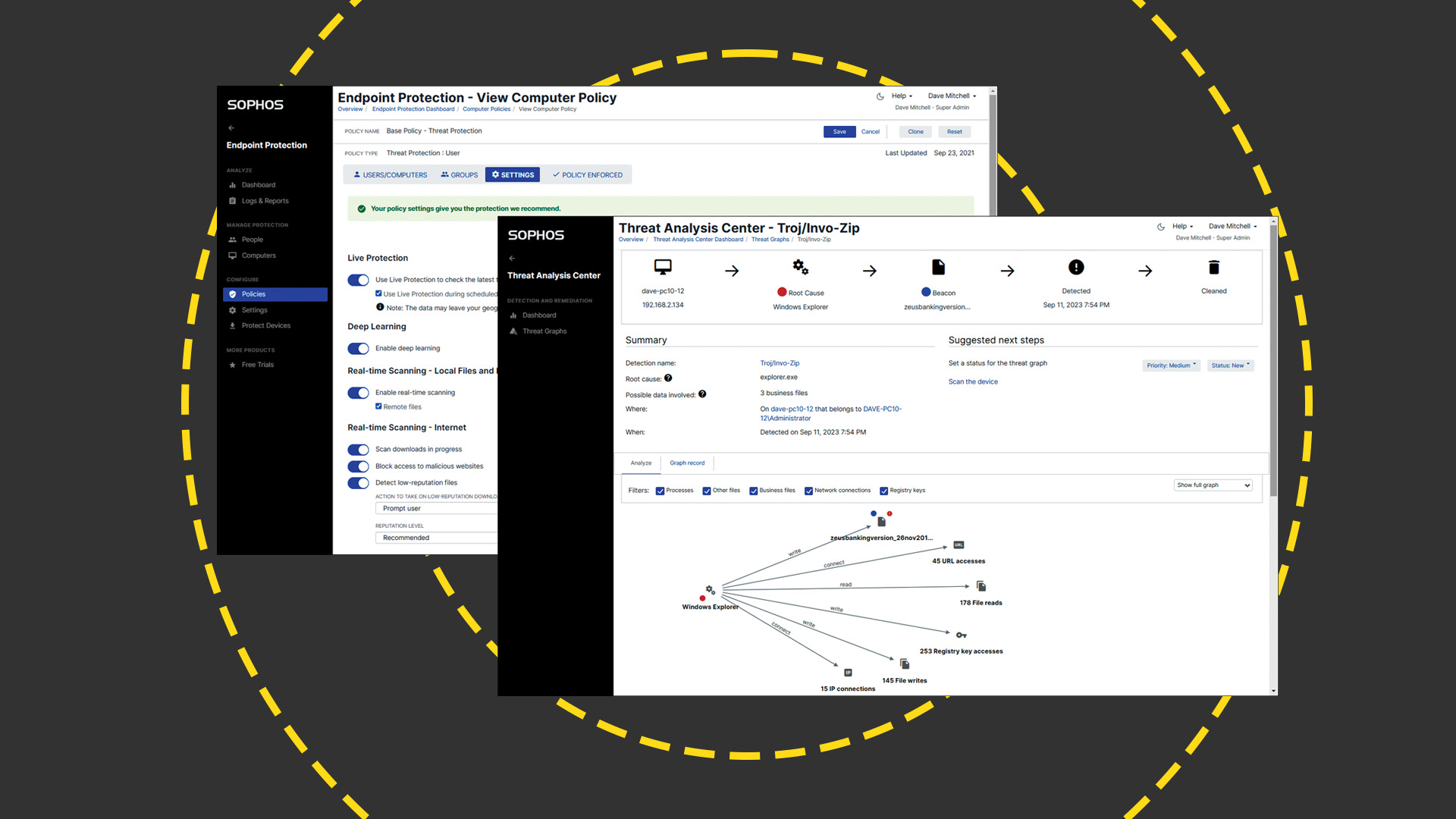Nigerian scammers ditch email for Facebook
Fraud moves onto social networking sites in the hopes of fooling users into sending cash.


The classic Nigerian email scam has upgraded to Web 2.0 and is making the rounds on Facebook.
According to media reports, Australian Google employee Karina Wells received a message on the social networking site, which appeared to be one of her friends. Claiming to be stranded in Nigeria, the fake friend asked for money for a ticket home.
Wells apparently realised the message was fake because the scammer used "cell phone" instead of "mobile phone." She reported the message and the fraudster's wire transfer details to Facebook.
In a blog post, Graham Cluley of security firm Sophos said this "is just the latest skirmish in an ongoing battle taking place between cybercriminals and Facebook users. We're seeing more incidents of unwanted adverts and malicious links being spammed to Facebook users from their friends' compromised accounts."
He added that scammers like using social networking sites because the fraudulent messages are more likely to get past junk mail filters and land in accounts, as they come from valid IP addresses and feature valid header information.
A spokesman from Facebook told IT PRO: "Only a small percentage of Facebook users have been affected by recent attacks. We are updating our security systems to minimize further impact, including resetting passwords on infected accounts and clearing out malicious content."
He added that more details on keeping safe on Facebook were available at the site's security page.
Sign up today and you will receive a free copy of our Future Focus 2025 report - the leading guidance on AI, cybersecurity and other IT challenges as per 700+ senior executives
Freelance journalist Nicole Kobie first started writing for ITPro in 2007, with bylines in New Scientist, Wired, PC Pro and many more.
Nicole the author of a book about the history of technology, The Long History of the Future.
-
 Meta to pay $725 million in Cambridge Analytica lawsuit settlement
Meta to pay $725 million in Cambridge Analytica lawsuit settlementNews The settlement closes the long-running lawsuit into how Facebook's owner, Meta, handled the Cambridge Analytica scandal
-
 Meta's earnings are 'cause for concern' and 2023 looks even bleaker
Meta's earnings are 'cause for concern' and 2023 looks even bleakerAnalysis Calls for investor faith in metaverse tech only emphasise the worries that its investment strategy won't pay off
-
 Sophos Intercept X Advanced review: A huge range of endpoint protection measures for the price
Sophos Intercept X Advanced review: A huge range of endpoint protection measures for the priceReviews A superb range of security measures and a well-designed cloud portal make endpoint protection a breeze
-
 Microsoft and Meta announce integration deal between Teams and Workplace
Microsoft and Meta announce integration deal between Teams and WorkplaceNews Features from both business collaboration platforms will be available to users without having to switch apps
-
 Facebook is shutting down its controversial facial recognition system
Facebook is shutting down its controversial facial recognition systemNews The move will see more than a billion facial templates removed from Facebook's records amid a push for more private applications of the technology
-
 'Changing name to Meat': Industry reacts to Facebook's Meta rebrand
'Changing name to Meat': Industry reacts to Facebook's Meta rebrandNews The rebrand attempts to provide a clearer distinction between Facebook and its umbrella company
-
 Facebook's Oversight Board demands more transparency
Facebook's Oversight Board demands more transparencyNews Board bashed the social media giant for its preferential treatment of certain high-profile accounts
-
 Facebook claims AI managed to reduce hate speech by 50%
Facebook claims AI managed to reduce hate speech by 50%News The social media platform has hit back at claims the tech it uses to fight hate speech is inadequate


